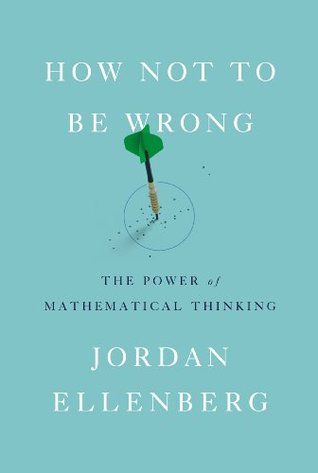In 1961, a decade before his explosion into public view, Ellsberg was a brilliant young analyst at the RAND Corporation, consulting with the U.S. government on strategic matters surrounding nuclear war—how it could be prevented, or, barring that, effectively conducted. At the same time, he was working toward a Harvard PhD in economics. On both tracks, he was thinking deeply about the process by which human beings made decisions in the face of the unknown.
Welcome back. Just a moment while we sign you in to your Goodreads account.


